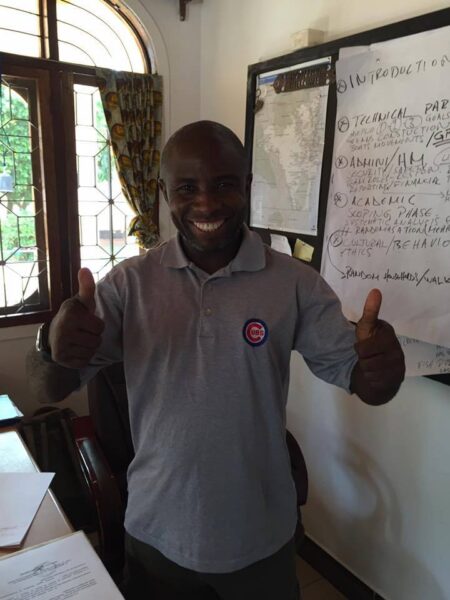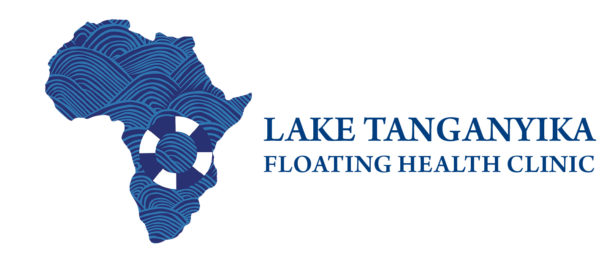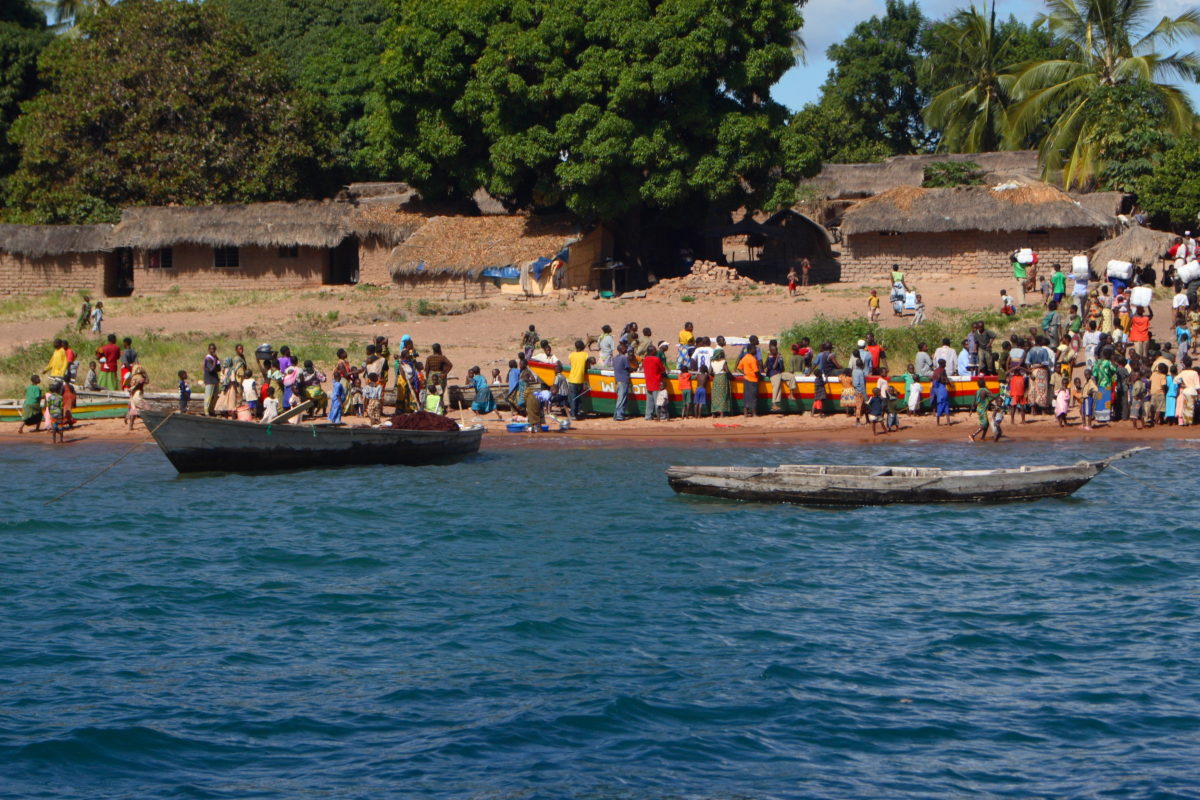The BBC recently interviewed JRS grantee, Lake Tanganyika Floating Health Clinic/ Water-Based Aid, Value, Engagement (LTFHC/WAVE) to highlight the unique research being done by the LTFHC team on this critical African lake ecosystem. Staff member Justin Kongolo Saliboko discussed the many challenges facing isolated communities living along Lake Tanganyika’s eastern shore in the Democratic Republic of the Congo. Justin highlighted poor infrastructure and severe weather as two factors which prevent these communities from receiving much needed assistance.
Among health challenges, Malaria is well-documented as the number one cause of death among lakeside communities, as well as in the country as a whole, and finding solutions requires a multi-sectoral approach. To address this threat, JRS is supporting LTFHC in collecting biodiversity data to identify locally-feasible solutions that integrate environmental conservation, fisheries management, and economic livelihood-related factors to help prevent environmental and human health tragedies.

Listen to the BBC World Service Newsday interview below.
JRS congratulates the LTFHC team for their recent article published in the Journal of Great Lakes Research : Critical biodiversity, fisheries status and need for inshore fish communities conservation in Lake Tanganyika. This article was the culmination of work done with a previous JRS grant Critical biodiversity surveys in the transboundary Lake Tanganyika & Ruzizi Basin. The article in the Journal of Great Lakes Research can be accessed here.
Read more about the 2023 Lake Tanganyika Floating Health Clinic grant Cross-sectoral Household and Critical Biodiversity Surveys in Riparian South Kivu and Tanganyika Provinces here.
Read more about the 2021 LTFHC grant Critical biodiversity surveys in the transboundary Lake Tanganyika & Ruzizi Basin here.


